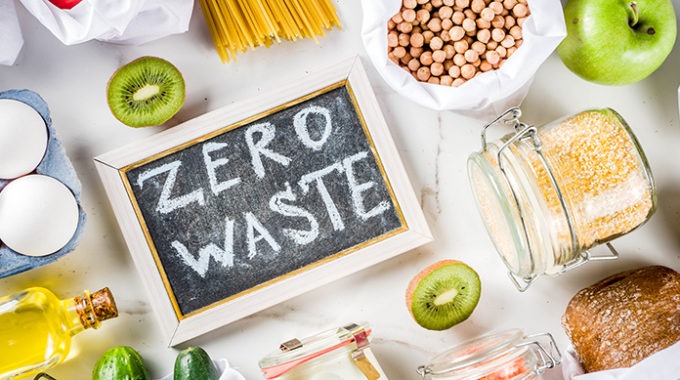Leading the war against food waste
Here’s a fact that’ll shock your socks off: every single day, the equivalent of 521 semi-trailers of food goes to waste in the Australian commercial and industrial food space. This food, which is produced by our hard-working farmers and food manufacturers, is going to waste before it even reaches our supermarkets, restaurants or homes.
While most of us might be overwhelmed by such a staggering figure, one Melbourne woman has made it her mission to tackle commercial food waste in Australia. Katy Barfield has created Yume (pronounced “you-me”), an online marketplace that facilitates the sale and donation of high-quality surplus food that may have otherwise been discarded.
Barfield was first inspired to begin her crusade against food waste when she was running a small bar in Melbourne with her husband, 18 years ago.
“I remember watching the chef at the end of every shift just throw stuff out of the fridge,” she says. “At the time there were maybe 45,000 cafes and restaurants across Australia, and I thought, good lord, that’s a lot of food going to waste. That’s when it first registered. Up until that point, I didn’t really understand the magnitude of the problem.”
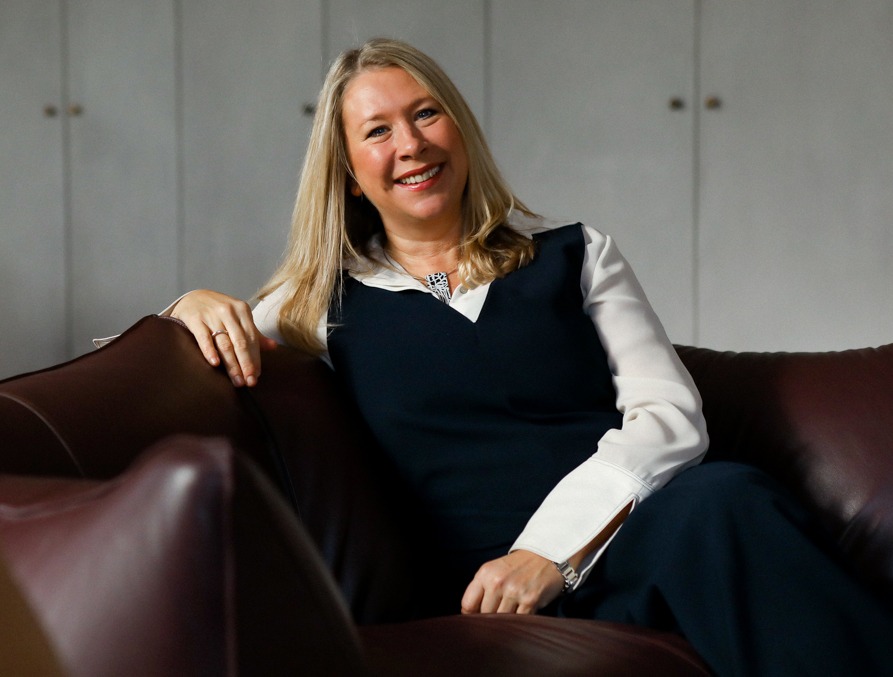
No good food should go to waste
Barfield first became involved with the Sacred Heart Mission, a local Melbourne community food program, which then led to her becoming the founding CEO of SecondBite, which rescues surplus food and redistributes it to local charities and non-profits. She grew this organisation into a nationwide network that now has a partnership with Coles, but after seven years, Barfield felt it was time to hand over the keys.
“I wanted to look for my next problem to solve,” she says. “SecondBite was about helping people to access fresh nutritious food. But while on that mission, I met with a lot of farmers who were really in dire straits themselves.
“I dug deeper and realised that these people are really doing it tough. And we’re asking them to donate food? That’s not right – they need money for this food. So I got very passionate about making sure that no good food went to waste and that the proceeds of that food went back to the farmers and manufacturers who produced it.”
Barfield wanted to create a tech solution that would both solve the problem of commercial food waste and offer our food producers and manufacturers an option to get a financial return on surplus products. So, in 2014, she created Yume.
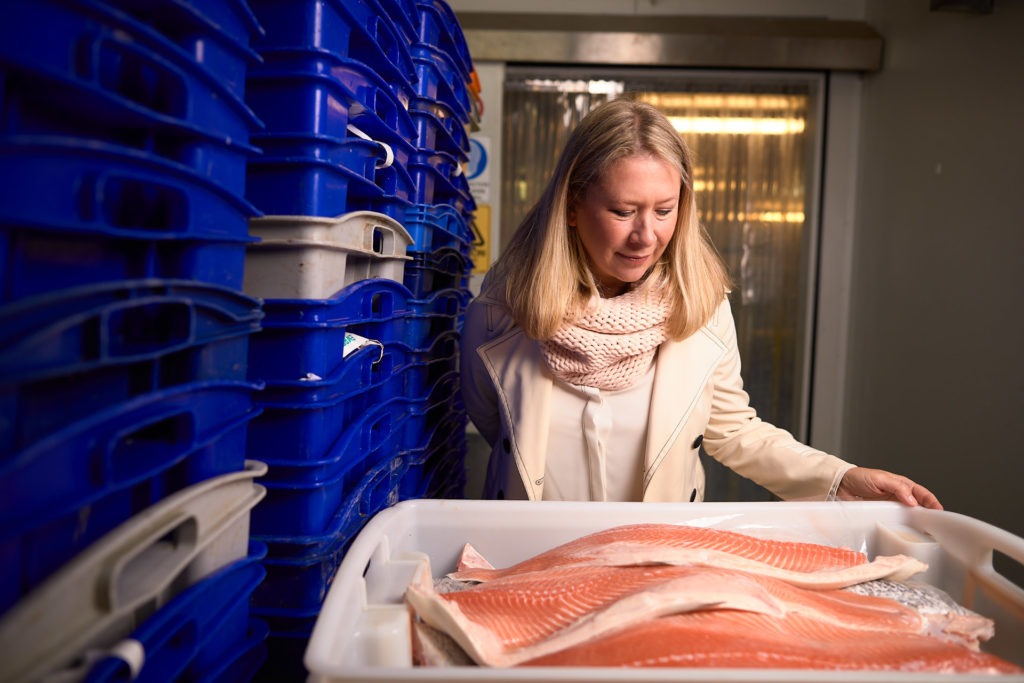
A simple solution to a big problem
The Yume system is quite simple, but it’s extremely effective. If you’re a supplier with surplus food, you can load your products onto the Yume platform where it’s sold through to businesses. You’ll find Yume food in Qantas lounges, at the Melbourne Convention Centre and even at pubs and restaurants. Mining companies and industrial caterers also use Yume food, and food relief organisations such as OzHarvest and FoodBank have also been able to purchase food on the platform thanks to government grants.
Even a quick glance through the Yume site will show you exactly how much surplus food is out there – everything from meats and seafood and fruits and vegies through to snacks and lollies are available to purchase. And it’s all perfectly safe: suppliers have to be HACCP-certified and must fulfil all food safety requirements in order to sell on the platform.
“It’s all extraordinarily good quality product,” Barfield says. “There are a variety of reasons of why it might be surplus, such as a cancelled order, or someone’s pressed the wrong button and there’s a mistake on the label. Or chicken nuggets which have a coating that isn’t exactly the right number of millimetres and so would normally be discarded.”
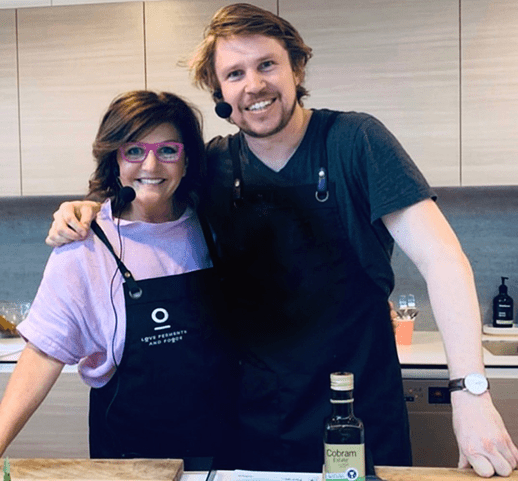
Bringing the fight into the mainstream
A new public awareness campaign has been launched to help spread the message of how simple it can be to stop wasting food, and it’s got some familiar faces at its helm. Fresh from their time in the MasterChef kitchen, Simon Toohey and Mandy Hall have partnered with the Fight Food Waste Cooperative Research Centre (CRC) to help people cut down on the 2.5 million tonnes of food that gets thrown away by Aussie households each year.
Through the power of social media, the campaign also has the support of the NSW Government’s Love Food Hate Waste program, Sustainability Victoria, the ACT Government, Green Industries SA, East Waste, OzHarvest, UK-based waste action group WRAP and Woolworths, all of whom are working towards Australia’s National Food Waste Strategy goal of reducing food waste by half by 2030.
Toohey says he hopes his time on MasterChef has shown that you can be creative in the kitchen while still reducing your food waste.
“We were taught the wrong thing when we were younger,” he says. “I now use a whole cauliflower instead of wasting so much of it. Even the leaves are delicious baked as chips or as a substitute for kale. My YouTube show The Whole Thing shows just how simple it can be.”
Like Toohey, Hall has taken her own unique approach to reducing food waste as a queen of fermenting and pickling, as well as designing recipes for the bits others consider scraps, like carrot top salsa verde, spinach stalk pies and banana skin sliders.
“Fermentation is the ultimate form of food preservation,” she says. “Not only does it reduce waste, it takes what’s good, boosts it with huge new flavours and leaves it teeming with good stuff. Left at room temperature, a cabbage will turn mushy and mouldy. But chop it up and ferment it and you’ll have it for over a year if you keep it in a cool spot.”
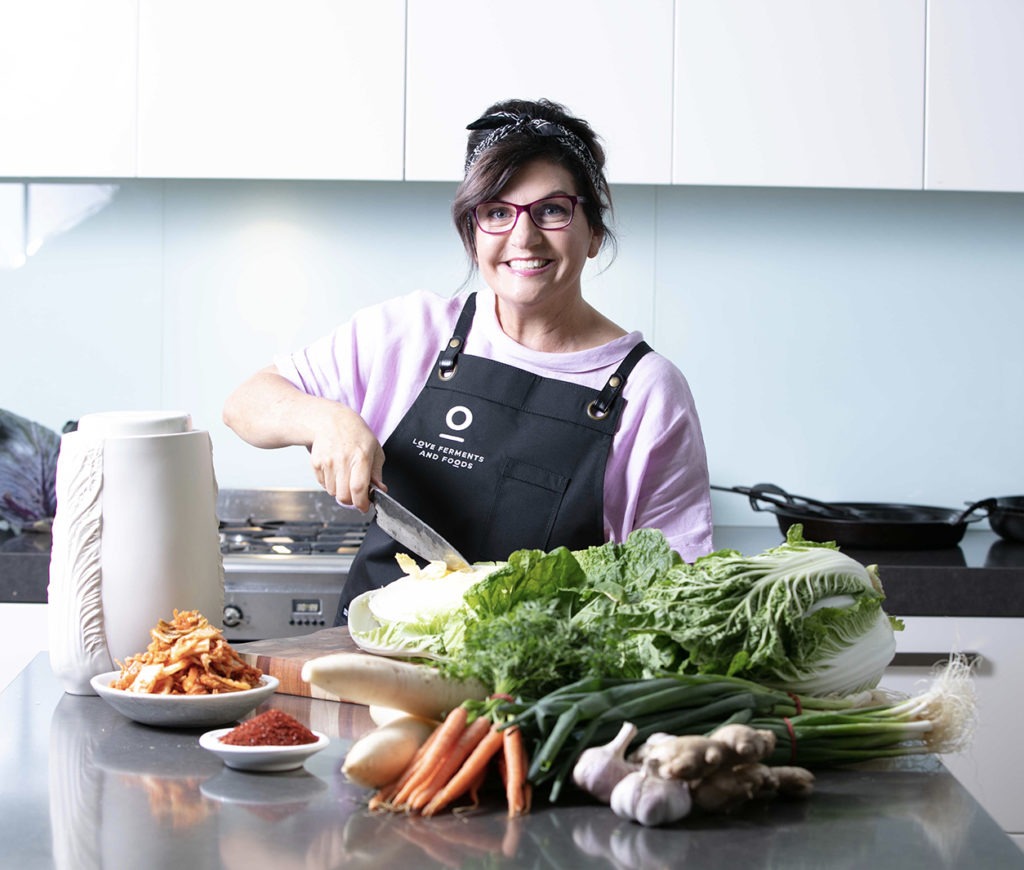
We’re just getting started
Many Australians who have been economically impacted by COVID-19 are doing it tough. The bills keep coming in and the family still needs to be fed. Yet the average Australian family continues to waste around $3000 a year on food that isn’t being eaten – and often this is due to a simple lack of awareness.
John Webster, Chair of the Fight Food Waste CRC, says it’s now more important than ever to reduce food waste. Through this campaign, the organisation aims to reach as many people as it can, to help them with ideas to make the most of the food they buy.
“We want everyone to know that this is an important issue, that here in Australia there are 7.3 million tonnes of food wasted each year,” he says. “That’s enough to fill semi-trailers that would stretch from Perth to Sydney.
“But foremost, the campaign is about putting money back in the pockets of those doing it tough. Through this campaign, we want them to know it’s easy as to fight food waste.”
For Barfield, she plans to continue to work towards expanding Yume’s reach. A recent partnership with waste and recycling leader SUEZ has resulted in the sale of 450,285 kilograms of surplus food, which has returned almost $700,000 to the people who produce it. To date, Yume has provided a new route to market for close to two million kilograms of food, returning over $6 million to Australian businesses and farmers.
“We are expecting this number to grow as the market adjusts to the coronavirus impact,” Barfield says. “Importantly, our work is having a positive impact on the planet. The partnership with SUEZ has saved water and carbon dioxide equivalent to saving the water of 519,560 showers and taking 195 cars off the road for a year – and this is just the beginning.”
Over the next three months, the Fight Food Waste social media campaign will provide tips and tricks on Facebook and Instagram to help you reduce food waste and save you money. You can also find more advice at the new Fight Food Waste CRC content hub.


